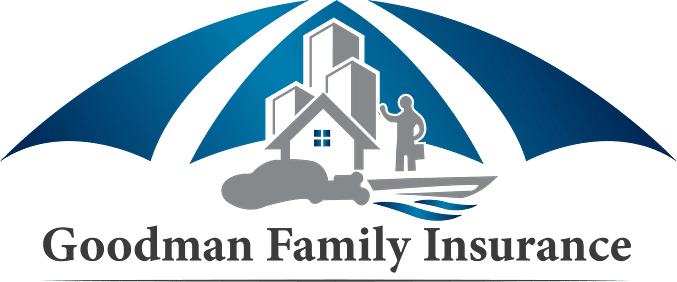Disability Insurance That Protects Your Income When You Can’t Work
Your ability to earn an income is your most valuable asset — and it deserves protection. Disability income insurance helps replace lost wages if an illness or injury keeps you from working. Whether you’re a professional in Milwaukee or a self-employed contractor in Waukesha, this coverage gives you a way to keep paying your bills when life throws you off track.
We help individuals and families across Wisconsin find long-term disability insurance that fits their needs, income, and career stage.
Why Disability Income Insurance Matters
Most people don’t think twice about covering their home or car — but few protect their paycheck. A disability, even if temporary, could leave you without a way to pay rent, cover groceries, or keep up with loans.
Employer disability plans, if you have one, may only cover a portion of your income — or may not last very long. If you're self-employed, you likely don’t have any protection at all. We’ll help you close those gaps with personalized options you can rely on.
Short-Term vs. Long-Term Disability Insurance
Short-Term Disability Insurance
- Typically covers 3–6 months of lost income
- Often offered as a workplace benefit
- Covers temporary recovery periods from injuries, surgeries, or pregnancy
- Limited payouts — usually not enough for extended financial stress
Long-Term Disability Insurance
- Kicks in after a waiting period (usually 60–90 days)
- Can last several years or until retirement, depending on your plan
- Ideal for protecting your long-term financial health
- Most individual policies we offer are long-term options
What Disability Insurance Covers
If you develop a serious illness or suffer an injury that prevents you from working, long-term disability insurance typically replaces up to 60% of your income. You can use that money however you need — rent or mortgage, groceries, bills, or child care.
Plans vary in how they define disability. We’ll walk you through options like:
- Own-occupation coverage: You’re covered if you can’t perform your current job, even if you can do something else
- Any-occupation coverage: Only pays if you can’t work in any reasonable job based on your experience or training
Coverage for Self-Employed Workers
If you run your own business — as a contractor, consultant, or freelancer — disability insurance is one of the most important protections you can carry. Since you don’t have an employer plan to fall back on, a private policy may be your only way to replace lost income. We’ll help you find coverage based on your actual earnings and working setup.
What to Know About Cost, Benefits & Timing
Elimination periods
Your coverage won’t start until a set waiting period passes (usually 30–90 days)
Benefit amounts
Typically replaces 50–60% of your gross income
Monthly cost
Usually between 1–3% of your annual income — and often less for younger, healthier people
Tax impact
If you pay the premium, the benefit is usually tax-free
Local Advice You Can Trust
From Brookfield and Elm Grove to West Allis and Wauwatosa, we work with Wisconsin residents in every line of work — from trades to tech, education to entrepreneurship. We’ll help you compare options, explain what to look for, and get a plan that keeps your finances stable if you ever need it.
Get a Quote
Let’s find the right disability insurance for your job, your income, and your stage of life. Reach out for a free quote — and we’ll send you a $25 gas card as a thank-you for the opportunity to help.
Common Questions About Disability Insurance
What does disability insurance cover?
It replaces a portion of your income if you’re unable to work due to a covered illness or injury. You can use it to cover living expenses while you recover.
Does it cover on-the-job injuries?
No — those are typically covered by workers’ compensation. Disability insurance helps when you’re injured or become ill off the job.
How much income will disability insurance replace?
Most policies cover 50–60% of your pre-tax income. The exact amount depends on your earnings and the policy you choose.
Do I need disability insurance if I already have it through work?
Maybe. Many employer plans are limited — they may not last long, or may not replace enough income. We can help you figure out if you’re underinsured.
How does disability insurance work for self-employed people?
We’ll look at your tax returns or 1099 income to calculate coverage. Plans are flexible and designed to fit the income structure of freelancers, contractors, and sole proprietors.

